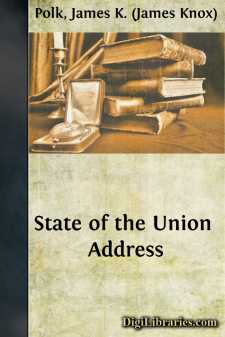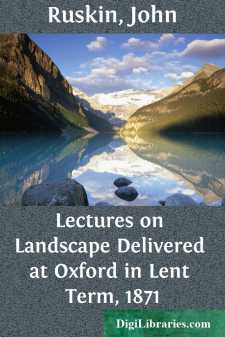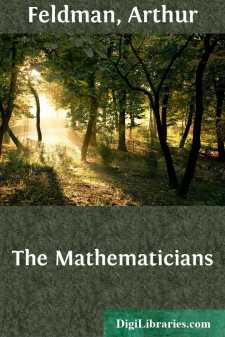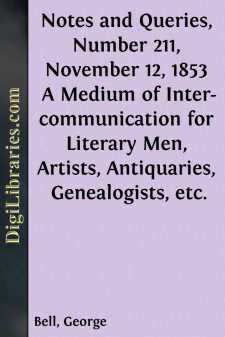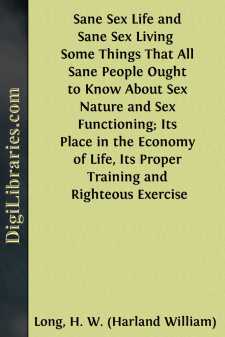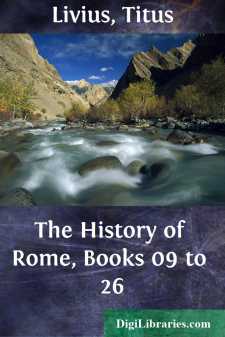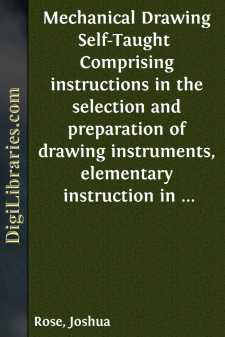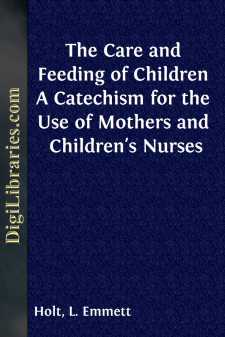Categories
- Antiques & Collectibles 13
- Architecture 36
- Art 48
- Bibles 22
- Biography & Autobiography 813
- Body, Mind & Spirit 142
- Business & Economics 28
- Children's Books 17
- Children's Fiction 14
- Computers 4
- Cooking 94
- Crafts & Hobbies 4
- Drama 346
- Education 46
- Family & Relationships 57
- Fiction 11829
- Games 19
- Gardening 17
- Health & Fitness 34
- History 1377
- House & Home 1
- Humor 147
- Juvenile Fiction 1873
- Juvenile Nonfiction 202
- Language Arts & Disciplines 88
- Law 16
- Literary Collections 686
- Literary Criticism 179
- Mathematics 13
- Medical 41
- Music 40
- Nature 179
- Non-Classifiable 1768
- Performing Arts 7
- Periodicals 1453
- Philosophy 64
- Photography 2
- Poetry 896
- Political Science 203
- Psychology 42
- Reference 154
- Religion 513
- Science 126
- Self-Help 84
- Social Science 81
- Sports & Recreation 34
- Study Aids 3
- Technology & Engineering 59
- Transportation 23
- Travel 463
- True Crime 29
Sort by:
Fellow-Citizens of the Senate and of the House of Representatives: It is to me a source of unaffected satisfaction to meet the representatives of the States and the people in Congress assembled, as it will be to receive the aid of their combined wisdom in the administration of public affairs. In performing for the first time the duty imposed on me by the Constitution of giving to you information of the...
more...
INTRODUCTION Once upon a time there was a little girl named Margaret, and she wanted to cook, so she went into the kitchen and tried and tried, but she could not understand the cook-books, and she made dreadful messes, and spoiled her frocks and burned her fingers till she just had to cry. One day she went to her grandmother and her mother and her Pretty Aunt and her Other Aunt, who were all sitting...
more...
by:
John Ruskin
OUTLINE. 1. In my inaugural lecture, I stated that while holding this professorship I should direct you, in your practical exercises, chiefly to natural history and landscape. And having in the course of the past year laid the foundational elements of art sufficiently before you, I will invite you, now, to enter on real work with me; and accordingly I propose during this and the following term to give...
more...
by:
Arthur Feldman
We gave this story to a very competent, and very pretty gal artist. We said, "Read this carefully, dream on it, and come up with an illustration." A week later, she returned with the finished drawing. "The hero," she said. We did a double take. "Hey! That's not the hero." She looked us straight in the eye. "Can you prove it?" She had us. We couldn't, and she...
more...
by:
George Bell
NOTES ON GRAMMONT. Agreeing with Mr. Peter Cunningham (vide History of Nell Gwyn), that a new edition of Grammont is much wanted, I beg to avail myself of your pages, and to offer a few remarks and notes which I have made in reference to that very entertaining work for the consideration of a future annotator. Of the several maids of honour mentioned therein I will begin with those of the queen. They...
more...
INTRODUCTION As we have moved down the ages, now and then, from the religious teacher, the statesman, the inventor, the social worker, or from the doctor, surgeon, or sexologist, there has been a "vox clamantis in deserto." Usually these voices have fallen on unheeding ears; but again and again some delver in books, some student of men, some inspired, self-effacing, or altruistic one has taken...
more...
by:
Titus Livius
BOOK IX.B.C. 321-304 23 Titus Veturius and Spurius Postumius, with their army, surrounded by the Samnites at the Caudine forks; enter into a treaty, give six hundred hostages, and are sent under the yoke. The treaty declared invalid; the two generals and the other sureties sent back to the Samnites, but are not accepted. Not long after, Papirius Cursor obliterates this disgrace, by vanquishing the...
more...
CHAPTER I I Oliver Brand, the new member for Croydon (4), sat in his study, looking out of the window over the top of his typewriter. His house stood facing northwards at the extreme end of a spur of the Surrey Hills, now cut and tunnelled out of all recognition; only to a Communist the view was an inspiriting one. Immediately below the wide windows the embanked ground fell away rapidly for perhaps a...
more...
by:
Joshua Rose
CHAPTER I. THE DRAWING BOARD. A Drawing Board should be of soft pine and free from knots, so that it will easily receive the pins or tacks used to fasten down the paper. Its surface should be flat and level, or a little rounding, so that the paper shall lie close to its surface, which is one of the first requisites requisites in making a good drawing. Its edges should be straight and at a right angle...
more...
by:
L. Emmett Holt
PART ITHE CARE OF CHILDREN BATHING At what age may a child be given a full tub bath? Usually when ten days old; it should not be given before the cord has come off. How should the bath be given? It should not be given sooner than one hour after feeding. The room should be warm; if possible there should be an open fire. The head and face should first be washed and dried; then the body should be...
more...


